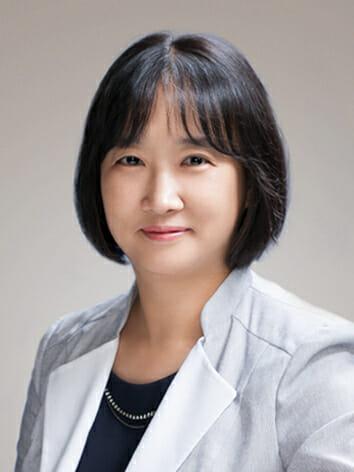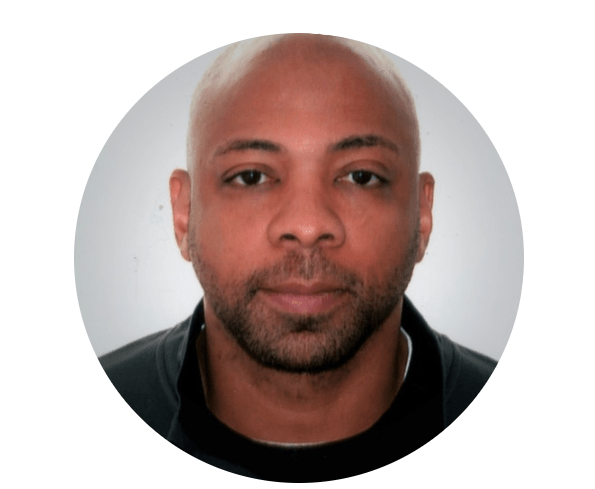 |  | |
| Jung Min Lee | Emmanuel Belabe |
Big pharma drives demand for contract resource organizations (CROs) by outsourcing up to 45% of its research and development (R&D) activities — a number expected to grow to 60%. This increased demand puts pressure on CROs, and many may feel like they’ve reached a breaking point as they work to keep up with changing, complex regulations.
Emmanuel Belabe, Vice President of Solution Consulting at ArisGlobal, and Jung Min Lee, Pharmacovigilance Director at LSK Global Pharma Services, explain why CROs need access to modern pharmacovigilance (PV) operations tools to combat this pressure.
Q: How do recent trends — for example, rising case volumes, data complexities, and changing regulations — influence the industry’s need for automation?
Jung Min Lee: Those trends create a need for faster and more accurate reporting of adverse events. Automation helps CROs comply with changing regulations while reducing the risk of errors and inconsistencies.
The globalization of drug development has increased with multi-regional clinical trials. Automation helps ensure the distribution protocols comply with each region’s regulatory requirements. And because pharmaceutical companies and CROs face increasing pressure to reduce costs while maintaining high-quality standards, they are using automation to streamline PV operations, reducing the time and expenses associated with linear data processing.
Emmanuel Belabe: Automation helps remove some of the manual burdens of processing cases. Traditionally, organizations simply threw additional resources at increased case volumes, but that approach isn’t sustainable long term. With automation, organizations can earmark fewer resources into processing and sifting through the majority of cases and data. PV teams can then spend more time focusing on areas requiring specialized training and judgment in terms of assessment and processing. Automation also dissolves data silos that have traditionally kept organizations from gleaning insights because they didn’t have a holistic view.
Q: What key CRO workflows benefit from automation efficiency gains?
Emmanuel Belabe: CROs can leverage automation to handle more labor-intensive tasks like extracting information from inbound forms, identifying relevant safety data points, and annotating those data points from literature articles. Leveraging automation to handle those manual tasks frees PV teams to redirect their attention toward understanding what those data points mean. Automation can also identify cases that fall outside of predetermined parameters and require high levels of specialization and judgment calls from human PV teams.
Q: What challenges do CROs face when implementing automation?
Jung Min Lee: Most CROs have existing systems and processes for PV that they must integrate with automated systems. CROs also require clean, accurate, and complete data to ensure that automated processes produce reliable results. The best safety solutions come with intelligent automation pre-trained with an incredibly extensive data set. Finally, their companies’ automated systems must comply with regulatory requirements, including those related to safety reporting and data privacy.
Q: How can pharmacovigilance software drive automation goals?
Emmanuel Belabe: Software provides the foundation CROs can build upon to deliver cost-effective and efficient services to sponsors and agents without sacrificing quality. PV software increases the speed of specialized treatments to market efficiently and safely. It helps organizations collaborate globally via secure cloud-based architecture with open integration and achieve scalable, efficient compliance by automating safety workflows.
Jung Min Lee, Pharmacovigilance Director, has been in charge of clinical and pharmacovigilance work at Korea Pharmaceutical institutions for about 20 years. As a PV Director, she is conducting a variety of pharmacovigilance-related lectures at pharmaceutical industries, including the Ministry of Food and Drug Safety, from basic understanding of pharmacovigilance to the development and management of PV SOPs. Currently, she works as a Pharmacovigilance Director of LSK Global Pharma Services.
Emmanuel Belabe, better known as “Manny,” has worked within ArisGlobal in a number of different roles over his 15 years with the company. During that time, he developed an approach that sought to educate clients on best practices for leveraging ArisGlobal products, while advocating on the best way to deliver additional value through the implementation of additional ArisGlobal solutions. This led to his current role as Product Owner for Safety Solutions, where he is responsible for implementing tools that fit within the company’s vision of providing a unified platform across all R&D domains.